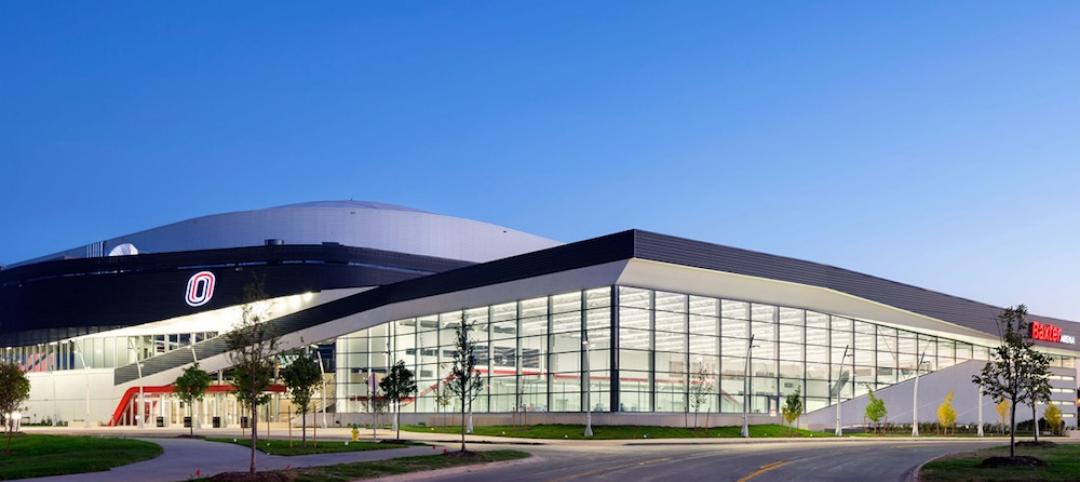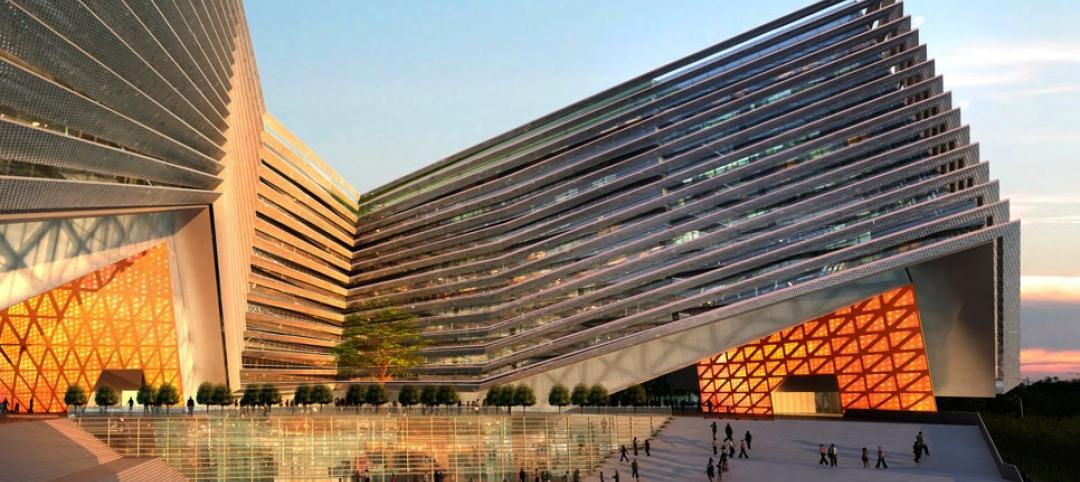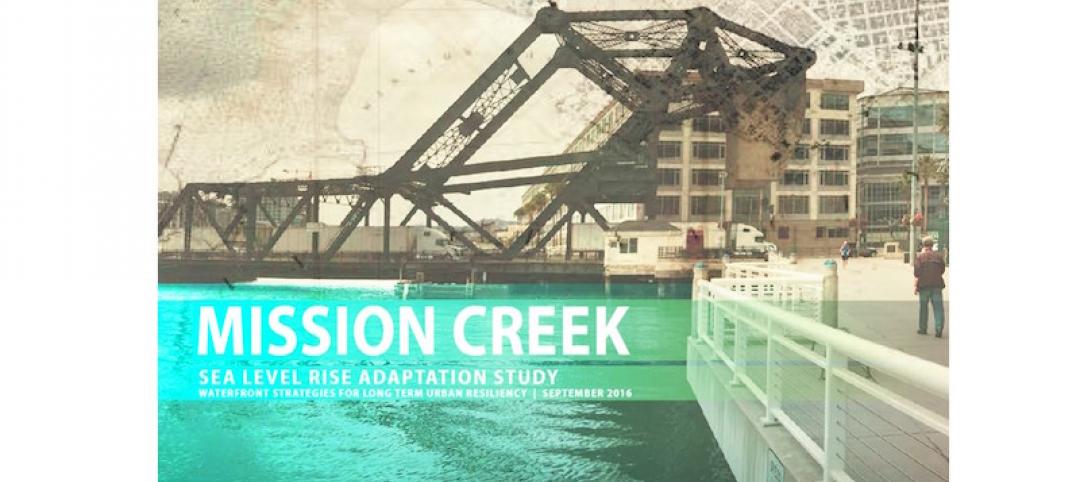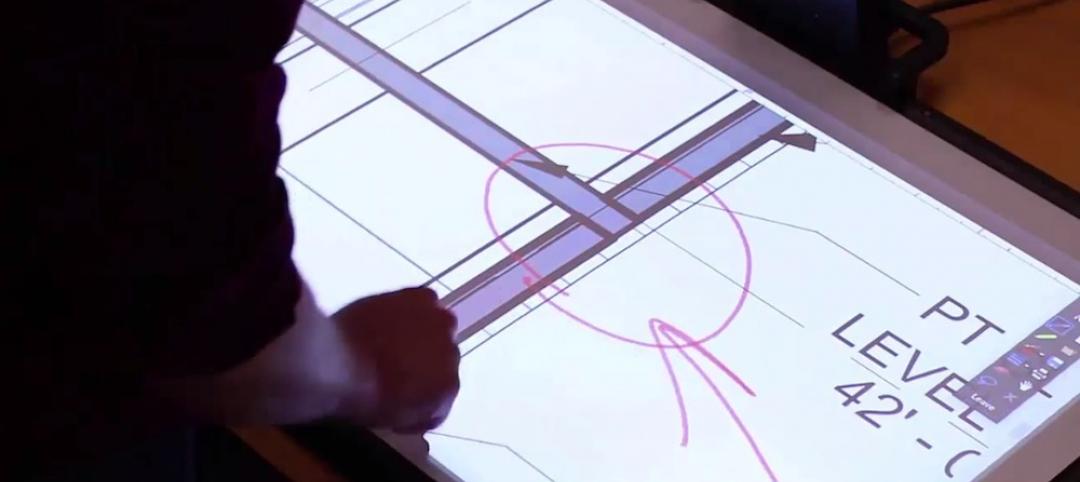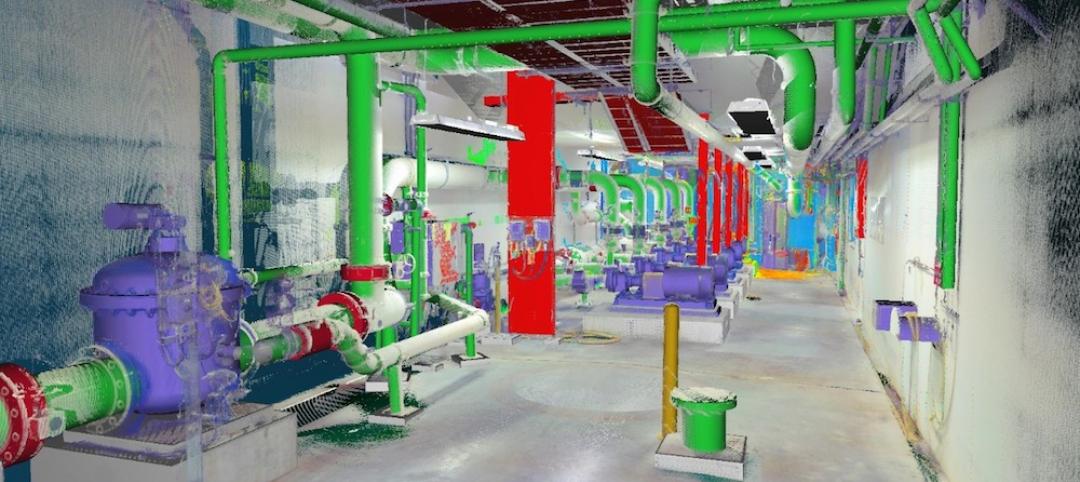In 2014, Arup, the engineering and consulting firm, and Argos Analytics, which provides climate data services, developed WeatherShift, a tool that helps building owners mitigate their future cost risk due to climate change.
Last week, Arup and Argos joined forces with Integrated Environmental Solutions Limited (IES), which provides building performance modeling software, to make WeatherShift future weather data available for online purchase.
Users can purchase these data via IES's website [www.iesve.com] by specifying a location, hypothetical emissions scenario, and future time period. Cole Roberts, Arup’s Associate Principal, says that collaborating with IES lowered the entry price for the data files to $250, or 75% below previous offers for this information. The product has also been simplified for repeated uses on multiple projects.
Arup and Argos will provide purchasers with customized future weather data generated by adjusting historical weather data based on climate projections run for the recent Intergovernmental Panel on Climate Change (IPCC) Fifth Assessment Report.
The data can by used to simulate building performance under future climate conditions, which in turn would enable designers to develop resilience strategies.
WeatherShift is among a growing number of simulation products aimed at giving builders and developers a hedge against natural and manmade events that threaten their structures.
Some of these products, such as those offered by Climate Interactive, are based on game theory. Others include products from EarthNetwork, which offer “hyper-local weather data” in real time and forecasts.
Weather and climate, it would seem, are no longer just conversation pieces. Last week, Ligado Networks and George Mason University announced a partnership to provide the public with real-time access to critical weather and atmospheric data generated by the National Oceanic and Atmospheric Administration.
“Extreme weather events have a huge impact on people, including their families, homes and businesses,” says Deborah Crawford, Mason’s vice president for research. “Faster and more accurate climate modeling and weather prediction will help people and organizations—including emergency responders—better prepare for and respond more quickly to weather-related events such as tornadoes, floods and wildfires, saving lives and livelihoods.”
Related Stories
Big Data | May 5, 2016
Demand for data integration technologies for buildings is expected to soar over the next decade
A Navigant Research report takes a deeper dive to examine where demand will be strongest by region and building type.
BIM and Information Technology | May 2, 2016
How HDR used computational design tools to create Omaha's UNO Baxter Arena
Three years after writing a white paper about designing an arena for the University of Nebraska Omaha, HDR's Matt Goldsberry says it's time to cherry-pick the best problem-solving workflows.
Virtual Reality | Apr 29, 2016
NBBJ to develop virtual reality productivity platform
The Seattle design firm has partnered with Visual Vocal, a startup VR company.
Drones | Apr 25, 2016
The Tremco SkyBEAM UAV is the first to be approved by the FAA for nighttime commercial operation
The SkyBEAM UAV is used for identifying energy leaks, rooftop damage, deteriorating façades, and safety issues without requiring scaffolding or cranes.
AEC Tech | Apr 15, 2016
Should architects learn to code?
Even if learning to code does not personally interest you, the growing demand for having these capabilities in an architectural business cannot be overlooked, writes computational design expert Nathan Miller.
Building Tech | Apr 12, 2016
Should we be worried about a tech slowdown?
Is the U.S. in an innovative funk, or is this just the calm before the storm?
AEC Tech | Apr 12, 2016
Startup introduces PaperLight, an interactive projection screen for AEC pros
The device lets users edit sketches, plans, and images with a stylus or their fingers.
AEC Tech | Mar 31, 2016
Deep Learning + AI: How machines are becoming master problem solvers
Besides revolutionary changes to the world’s workforce, artificial intelligence could have a profound impact on the built environment and the AEC industry.
AEC Tech | Mar 17, 2016
Managing risks with laser scanning gives AEC firms an edge
The more that clients demand the service, the easier it is to justify the cost of laser scanning equipment and software.
AEC Tech | Mar 15, 2016
Two to tango: Project Tango isn’t just for entertainment, it also has a wide range of possibilities relating to the professional world
Making things like augmented reality, precise measurements of indoor spaces, and indoor wayfinding possible, Google’s Project Tango has all the makings to become a useful and ubiquitous tool in the AEC market.




